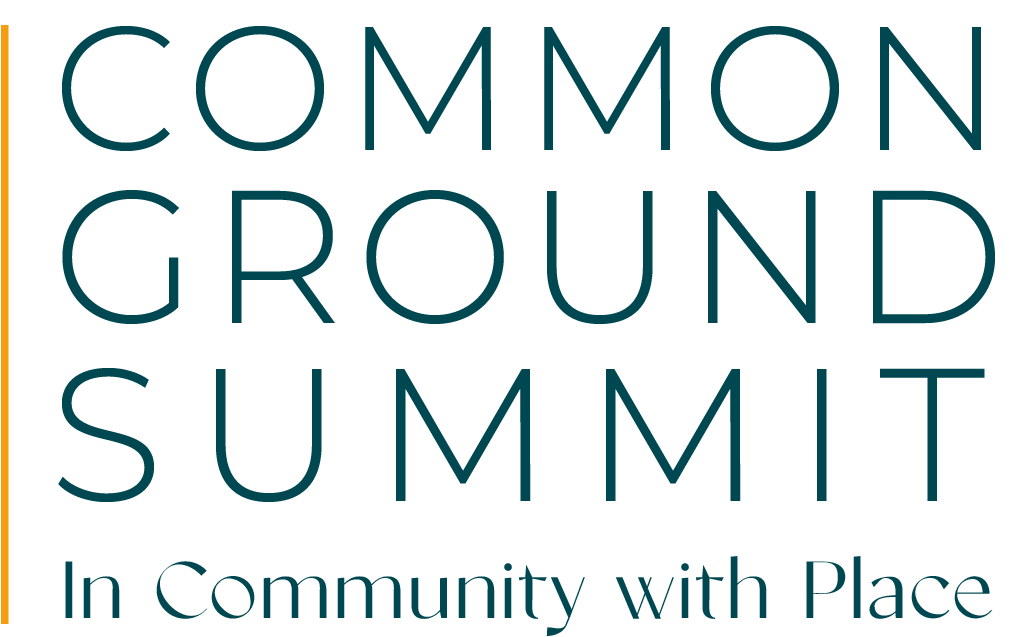Spotlight: Peleke Flores and Mālama Hulēʻia
Introducing Mālama Hulē‘ia, Grassroots Nonprofit
ICWF is honored to be partnering with Mālama Hulē‘ia. Built on a foundation of traditional ecological knowledge and cultural practices, Mālama Hulē‘ia provides a real life example of how the systems that feed us can integrate culture and regenerative methodologies to teach and feed a local community.
Mālama Hulē’ia educates and leads community efforts to remove invasive mangrove along the Hulē‘ia river, re-establish native wetland ecosystems, manage Alakoko fishpond, and engage the community through environmental stewardship programs that honor Hawaiian culture and values.
As a grassroots nonprofit organization, Mālama Hulē’ia has grown from being a volunteer group of canoe paddlers with a passion for restoring the river that they paddled in to recently purchasing the crown jewel of the watershed, Alakoko, a 600-year old ancient Hawaiian fishpond, for the purpose of restoring and preserving it in perpetuity. The Kauai community has played a large role since the beginning, rolling up their sleeves and getting in the mud to assist in the restoration work as well as show up and support when needed at the time of the land acquisition. In their new role as the long-term stewards of this special place, they are embarking on the long-term master plan for the property including food production and looking at questions like, What does it mean to feed the community? & How do we continue to perpetuate traditional Hawaiian practices and knowledge through all aspects of what we do?
Come spend some time with Mālama Hulē’ia at Alakoko fishpond, to connect with the land by getting your hands in the mud and learn more about the ingenious loko i`a (Hawaiian fishpond) system.
About Peleke Flores:
Peleke Flores was born in Hilo, Hawai‘i and raised in Waimea, Kaua‘i. He is a 2001 graduate of Waimea High School and attended Kapiolani Community College in the Pre- Travel Industry Management Program then transferred to UH Manoa taking up Hawaiian Language and Hawaiian Studies with a special focus on Mālama ‘Āina. He has dedicated over 15 years of his career working for ‘Āina Based Non-Profit Organizations. He served as the Kū Hou Kuapā Coordinator at Paepae o Heʻeia fishpond on the Ko'olaupoko district of Oʻahu, where his knowledge of mālama ‘āina practices and dry stack wall-building were of great value in the restoration of this sacred space. Peleke currently works for Mālama Hulēʻia where his ʻike and expertise are integral in restoring this wahi pana including the 600 year old Alakoko fishpond. He is experienced in Traditional Hale Building, Uhau Humu Pohaku (hawaiian dry set) and restoring traditional Hawaiian food systems such as lo’i kalo, lo’i pa’akai, ko’a/limu, and loko i’a.


